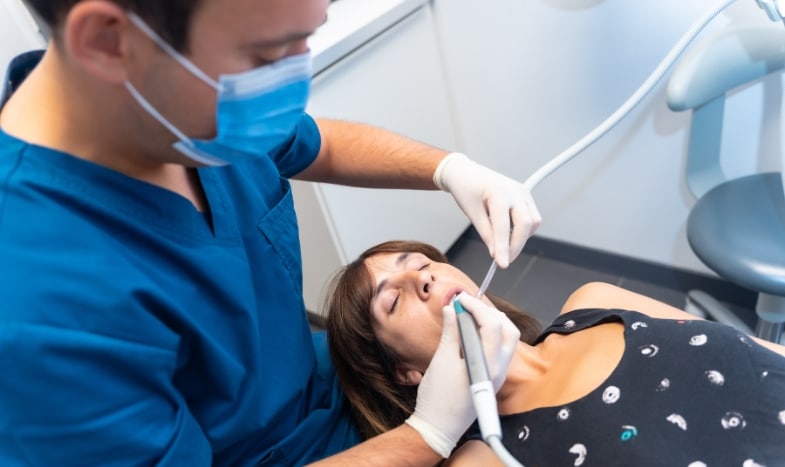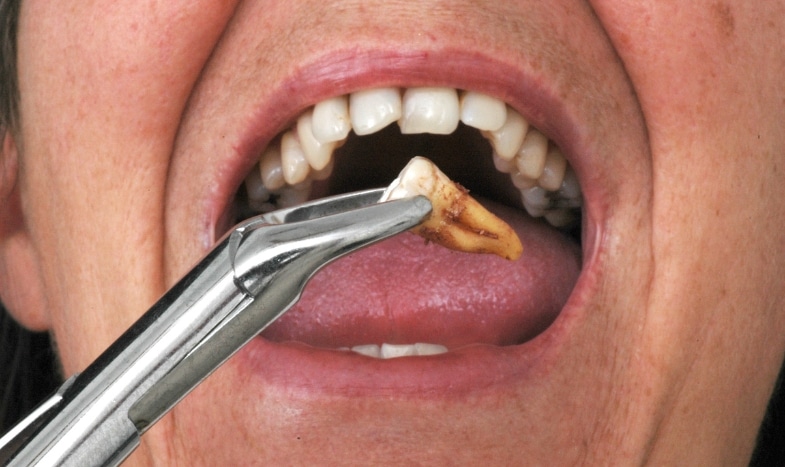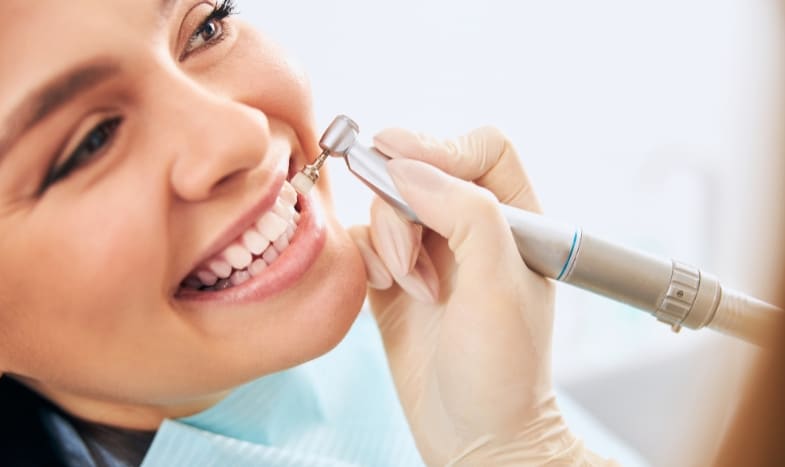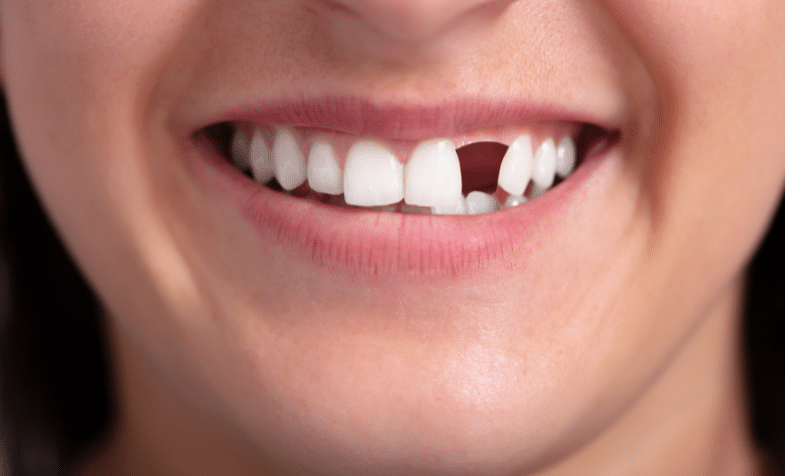
Is Sedation Dentistry Safe During Pregnancy? What You Need to Know
Pregnancy brings unique challenges, especially when it comes to maintaining oral health. Many expectant mothers wonder if sedation dentistry is a safe option during this delicate time. Dental care during pregnancy is crucial, as untreated oral issues can impact both the mother and baby. However, concerns about sedation arise, especially regarding its potential effects on the developing fetus. This blog explores the safety of sedation dentistry during pregnancy, its alternatives, and important considerations to help you make informed decisions. If you’re pregnant and need dental treatment, this guide will address your concerns and offer practical insights tailored to your needs.
What’s Sedation Dentistry?
Sedation dentistry uses medication to help patients relax during dental procedures. There are three main levels:
- Minimal sedation: You stay awake but feel calm.
- Moderate sedation: You may slur words and only remember a little.
- Deep sedation: You are almost unconscious but can be awakened.
For pregnant women, dentists usually avoid deep sedation and opt for minimal interventions when necessary. The primary goal is to balance effective treatment with safety.
Why Is Dental Care Essential During Pregnancy?
Hormonal changes during pregnancy can increase the risk of oral health problems, such as:
- Gingivitis: Inflammation of the gums due to hormonal shifts.
- Periodontitis: Severe gum disease can lead to tooth loss and pregnancy complications.
- Cavities: Increased cravings and morning sickness may lead to enamel erosion.
Delaying dental care can worsen these issues, potentially affecting the baby’s health. Prioritizing oral hygiene and timely treatments ensures better outcomes for both mother and child.
Is Sedation Dentistry Safe During Pregnancy?
The safety of sedation dentistry during pregnancy depends on factors such as:
- Trimester Timing:
- First trimester: Avoid sedation due to critical fetal development stages.
- Second trimester: Often the safest window for necessary dental work.
- Third trimester: Limited sedation is possible, but lying back for extended periods can cause discomfort.
- Types of Sedation:
- Nitrous oxide (laughing gas): Generally avoided during pregnancy, as it may affect oxygen levels.
- Oral sedatives: Typically not recommended.
- Local anesthesia: Safe when used minimally and strategically.
Your dentist can determine the safest approach for your situation.
Alternatives to Sedation Dentistry for Pregnant Patients
If sedation isn’t ideal, there are several alternatives:
- Local Anesthesia: Provides numbing for specific areas without affecting the whole body.
- Distraction Techniques: Music or guided imagery can help you stay calm during procedures.
- Short Appointments: Breaking treatments into smaller sessions can reduce anxiety.
- Breathing Exercises: Techniques like deep breathing or meditation can alleviate stress naturally.
These options ensure you receive necessary care without unnecessary risks.
Steps to Take Before Considering Sedation Dentistry
Before opting for sedation, ensure the following steps:
- Inform Your Dentist About Pregnancy: Share your trimester and health status to plan safe therapies.
- Request Alternatives: Explore non-invasive or minimally invasive methods whenever possible.
- Prioritize Preventive Care: Regular check-ups can prevent the need for extensive treatments requiring sedation.
Taking these precautions ensures your safety and comfort throughout the process.
The Role of Communication in Pregnancy Dental Care
Clear communication between you, your dentist, and your healthcare provider is crucial. Here’s how to maintain transparency:
- Discuss Allergies and Medical History: Inform your dentist about your medications or supplements.
- Ask About Procedure Timing: Schedule treatments during the second trimester whenever possible.
- Request Safe Medications: Ensure any prescribed medication aligns with pregnancy-safe guidelines.
Effective collaboration helps create a personalized treatment plan tailored to your needs.
Tips for Maintaining Oral Health During Pregnancy
To minimize the need for sedation dentistry, focus on preventive care:
- Brush Twice Daily: Use fluoride toothpaste to strengthen enamel.
- Floss Regularly: Remove plaque between teeth to prevent gum disease.
- Rinse After Morning Sickness: Use a baking soda rinse to neutralize acid.
- Eat Nutritious Foods: Choose calcium-rich snacks for strong teeth and bones.
- Visit Your Dentist: Schedule regular check-ups to catch potential issues early.
These habits promote a healthy smile and reduce the risk of complications.
Sedation dentistry during pregnancy requires careful consideration and professional guidance. While some methods, like local anesthesia, are safe, others may pose risks depending on the trimester and type of sedation. Always consult your dentist and obstetrician to ensure a personalized treatment plan prioritizes your health and your baby’s well-being. With preventive care and open communication, you can confidently maintain oral health throughout pregnancy.
Contact our dental team today for tailored dental care during your pregnancy and schedule a consultation. Let us help you achieve a stress-free and safe dental experience.




